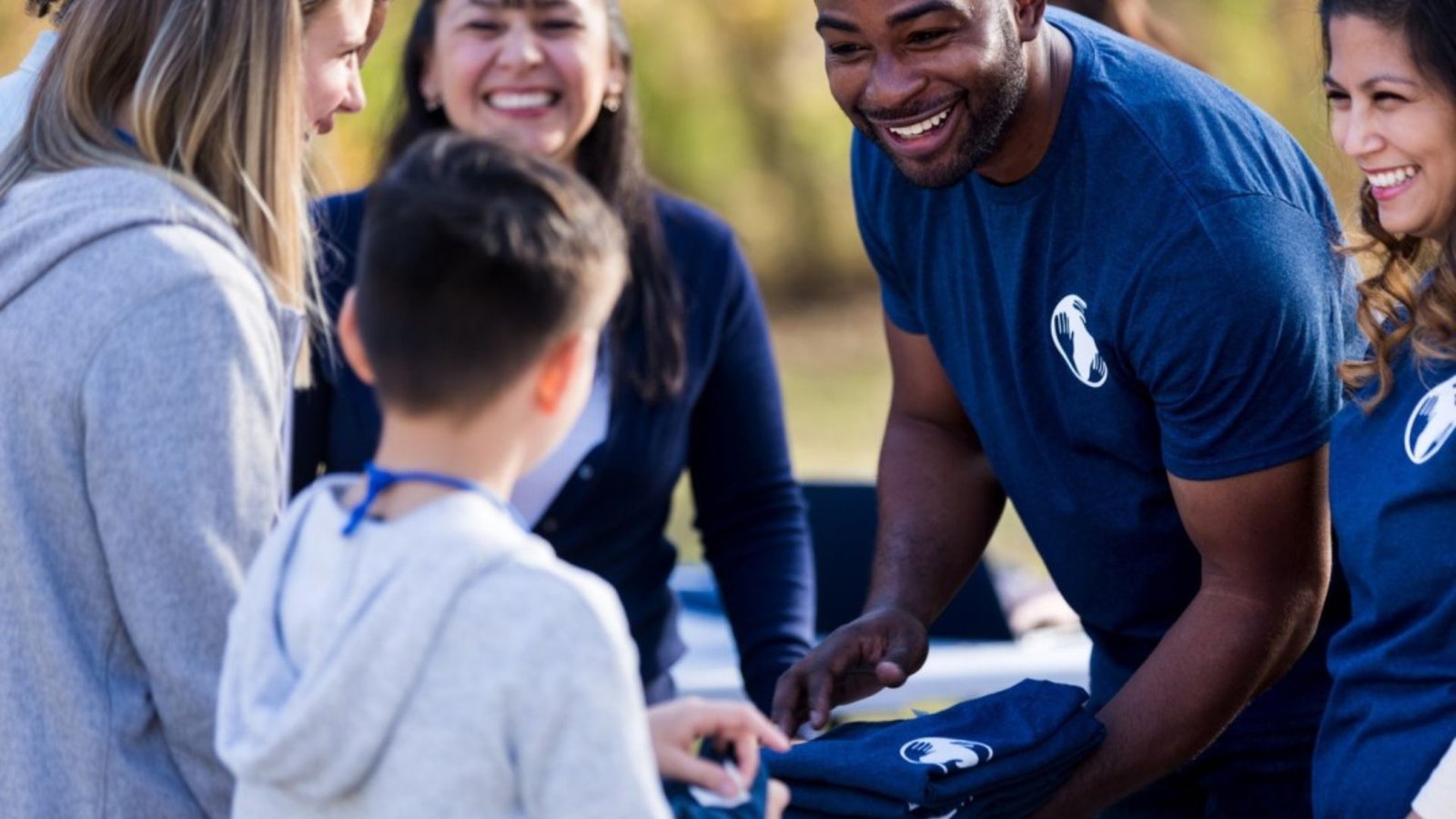Organizing fundraising events can be a rewarding way to support a cause you care about. However, it requires careful planning and execution. In this article, we’ll share the top tips for organizing fundraising events that will help you raise money effectively while engaging your community.
Set Clear Goals for Your Fundraising Event
The first step in organizing a successful fundraising event is to set clear goals. Ask yourself what you want to achieve. Is it a specific amount of money, raising awareness, or building community support?

Define Your Target Amount
Establish a target amount that you aim to raise. This will give you a clear focus and help guide your planning. For example, if your goal is to raise $5,000, break it down into smaller milestones, making it easier to track your progress.
Determine Your Purpose
Understanding the purpose of your fundraising event is equally important. Whether it’s to support a charity, fund a project, or help a family in need, a clear purpose will motivate your team and participants.
Choose the Right Type of Event
Selecting the right type of event can significantly impact your success. Consider your audience and what type of event they would enjoy.
Event Ideas
Some popular fundraising event ideas include:
- Charity Auctions: Participants bid on items donated by local businesses.
- Fun Runs or Walks: Encourage people to get active while raising funds.
- Dinner Galas: Host a formal dinner and charge for tickets.
- Workshops or Classes: Offer a skill-sharing event where attendees pay to learn something new.
Choosing an event that resonates with your community will boost participation and donations.
Create a Detailed Plan
A well-structured plan is essential for a successful fundraising event. Begin by creating a timeline with specific tasks and deadlines.
Assign Responsibilities
Delegate tasks to team members to ensure everything runs smoothly. Assign roles such as:
- Event Coordinator: Oversees the entire event.
- Sponsorship Coordinator: Reaches out to local businesses for sponsorships.
- Marketing Coordinator: Promotes the event through social media and flyers.
Having clear responsibilities will help your team stay organized.
Budgeting for Success
Creating a budget is a crucial step in organizing fundraising events. A budget helps you track your expenses and ensures you maximize your profits.
Estimate Costs
List all potential expenses, including venue rental, catering, decorations, and marketing materials. Compare these costs against your fundraising goals to see what you can realistically achieve.
Seek Donations and Sponsorships
Consider seeking donations of goods and services to reduce costs. Local businesses may be willing to sponsor your event in exchange for advertising. This not only helps your budget but also builds community relationships.
Promote Your Fundraising Event
Effective promotion is key to attracting participants and raising funds. Use multiple channels to reach a wider audience.
Utilize Social Media
Social media is a powerful tool for promoting your event. Create an event page and share updates regularly. Encourage your team to share posts within their networks to maximize reach.
Design Eye-Catching Flyers
Print flyers to distribute in your community. Make sure they include essential information like the event date, time, location, and purpose. Eye-catching designs can attract more attention and interest.
Engage Your Audience During the Event
On the day of the event, engaging your audience is essential to ensure they feel connected to the cause.
Create an Exciting Atmosphere
Set up an inviting space with decorations that reflect your cause. Use music, lights, and visuals to create an enjoyable environment.
Share Impact Stories
During the event, share stories about how the funds will make a difference. This personal touch can inspire attendees to donate more generously.
Follow Up After the Event
After your fundraising event, it’s important to follow up with participants and donors.
Thank Your Supporters
Send thank-you notes to everyone who contributed, whether they attended the event or donated items. Showing appreciation encourages future support and builds lasting relationships.
Share Results
Communicate the results of the fundraising event. Let your supporters know how much was raised and how it will be used. This transparency builds trust and encourages future participation.
Conclusion
Organizing fundraising events can be an impactful way to support your cause while bringing the community together. By setting clear goals, choosing the right type of event, creating a detailed plan, budgeting wisely, promoting effectively, engaging your audience, and following up afterward, you can ensure your fundraising efforts are successful. Remember, every event is a learning experience, so gather feedback and improve for next time!



